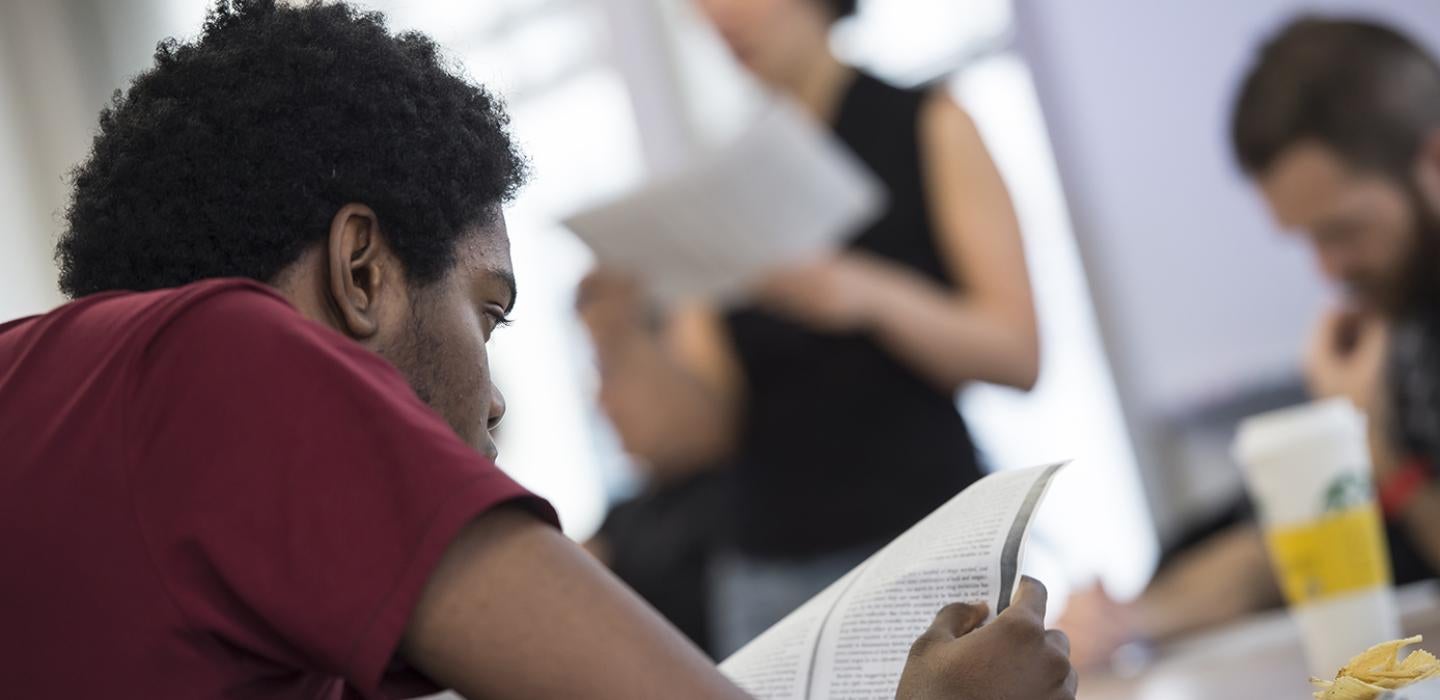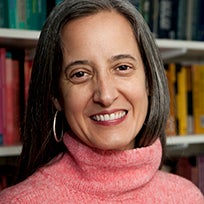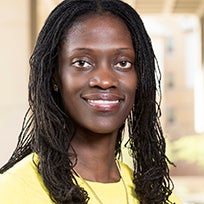
Subscribe to Pittwire Today
Get the most interesting and important stories from the University of Pittsburgh.The University of Pittsburgh School of Education has received a $2 million grant from the McElhattan Foundation to develop a new model for teaching and teacher preparation programs in colleges and universities.
In the program, interested students from two Pittsburgh-area school districts, Woodland Hills School District and Pittsburgh Public School’s Teaching Academy Magnet at Brashear High School, will participate in study groups known as “micro-collectives.” These groups will be kept small, at five people: a Pitt student in teacher education, an undergraduate student, a high school student, an in-service teacher and an experienced Black educator. There will be eight micro-collectives during each year of the project, which begins this summer and will run through June 2025.
Each member of the micro-collective plays an important role in the project, “Practices of Freedom: A Model for Transformative Teaching and Teacher Education,” which aims to rebuild the teaching pipeline for Black teachers and educators.
“The micro-collectives will draw from the deep wells of knowledge people bring in from where they are experientially located,” said Sabina Vaught, professor at Pitt Education and a principal investigator of the project. “What is the deep well that a high school student will bring to the micro-collective that will support the learning of a pre-service teacher? What is the deep well of knowledge that an experienced educator will bring that will then be in dialogue with what the others bring?”
The experienced Black educators in the micro-collective will come from educational settings both within and beyond schools. They will participate through an existing project offered through Pitt’s Center for Urban Education (CUE). Central to the project is the interconnected training of pre-service teachers, particularly Black pre-service teachers, and the infusion and expansion of Black educational practices across all teaching faculty.
The project will also fund undergraduate scholarships and graduate student assistantships, as well as support the CUE Lunch and Learn Series, which is a part of the transformative curriculum. The project will also integrate CUE’s Heinz Fellows program.
“Pitt’s initiative is truly bold, and we are thrilled to support this work,” said Lesley Carlin, executive director of the McElhattan Foundation. “By rooting the practice of preparing teachers in social justice and vital Black knowledge traditions, the project team will shift the dialogue about how best to prepare educators for the future of learning.”
Micro-collective members will also be invited to participate in Freedom Seminars developed by Vaught and offered by the School of Education. These one-credit courses are focused on a range of projects, studying both the “what” and “how” of freedom through insurgent knowledge traditions.
In addition, community programming sponsored by the school’s PittEd Justice Collective and Office of the Associate Dean for Equity and Justice, will include webinars, seminars, reading groups and equity conversations.
In all, the new initiative seeks to reimagine teacher education preparation, according to the project’s principal investigators Valerie Kinloch, the Renée and Richard Goldman Dean of Pitt Education; T. Elon Dancy II, associate dean for equity and justice, Helen Faison Chair in Urban Education and executive director for the Center for Urban Education; and Vaught, who’s also the inaugural chair of the Department of Teaching, Learning, and Leading. The funding comes from the Pittsburgh-based McElhattan Foundation’s Expanding Educator Diversity grantmaking initiative.
“We understand that schools of education are the gateway to the teaching profession,” said Kinloch. “Focusing on freedom and transformation will allow us to think differently about teaching and teacher education, what it is, and what it can become. Freedom allows us to truly commit ourselves to the work of equity and justice instead of simply placing the focus on inclusion and yet never getting beyond inclusion to reach transformation.”
Ultimately, the hope is that the project serves as a model that can be adapted for use in other locations and communities around the United States and world.
“This isn’t just a next step. This is an entirely different way of thinking about what it means to do schooling and education,” said Vaught. “Big problems take big imagination and big, well-studied experimentation. We are deeply appreciative of the foundation’s support for doing truly transformative work locally that can eventually have a global impact.”
By the numbers
The Pitt Education project seeks to increase the number of pre- and in-service Black teachers and to transform curricula in teacher education.
In Pennsylvania, there is a large disparity in the racial identities of the teachers and students in K-12 public schools. Statewide, white teachers make up 94% of all teachers in K-12 schools, while only 64% of students are white. Teachers of color comprise only 6% of the total teacher population, with 4% of them being Black teachers. The same is true across the United States, where in K-12 schools there are many more teachers who are white (80%) than there are white students (46%).
“In addition, one of the important study findings we are bringing to the project is research that found that students perceived Black women teachers more favorably. This finding elevates the urgency to learn from Black women's knowledges, which are repressed by systems of anti-Blackness and misogyny,” said Dancy.





